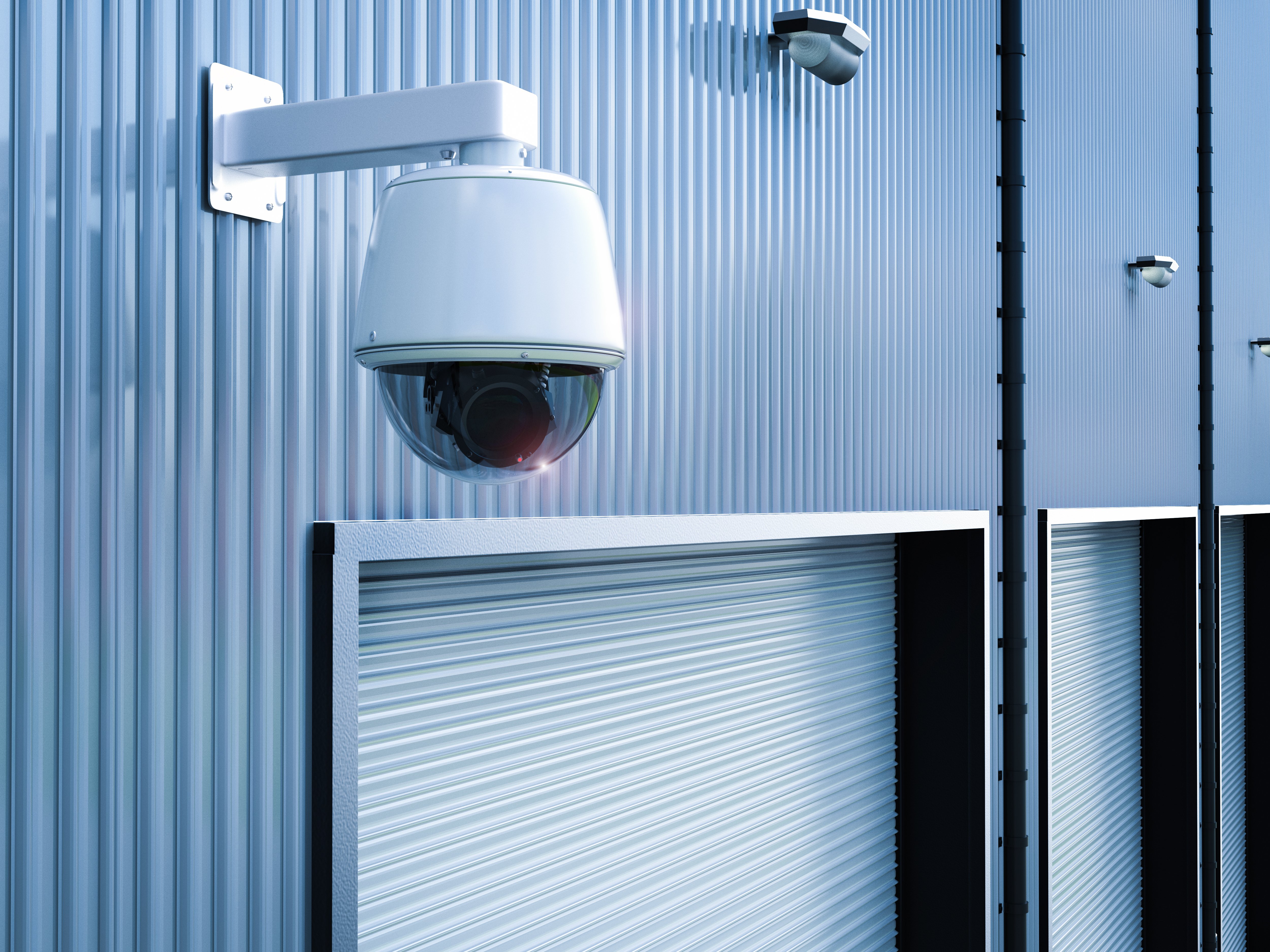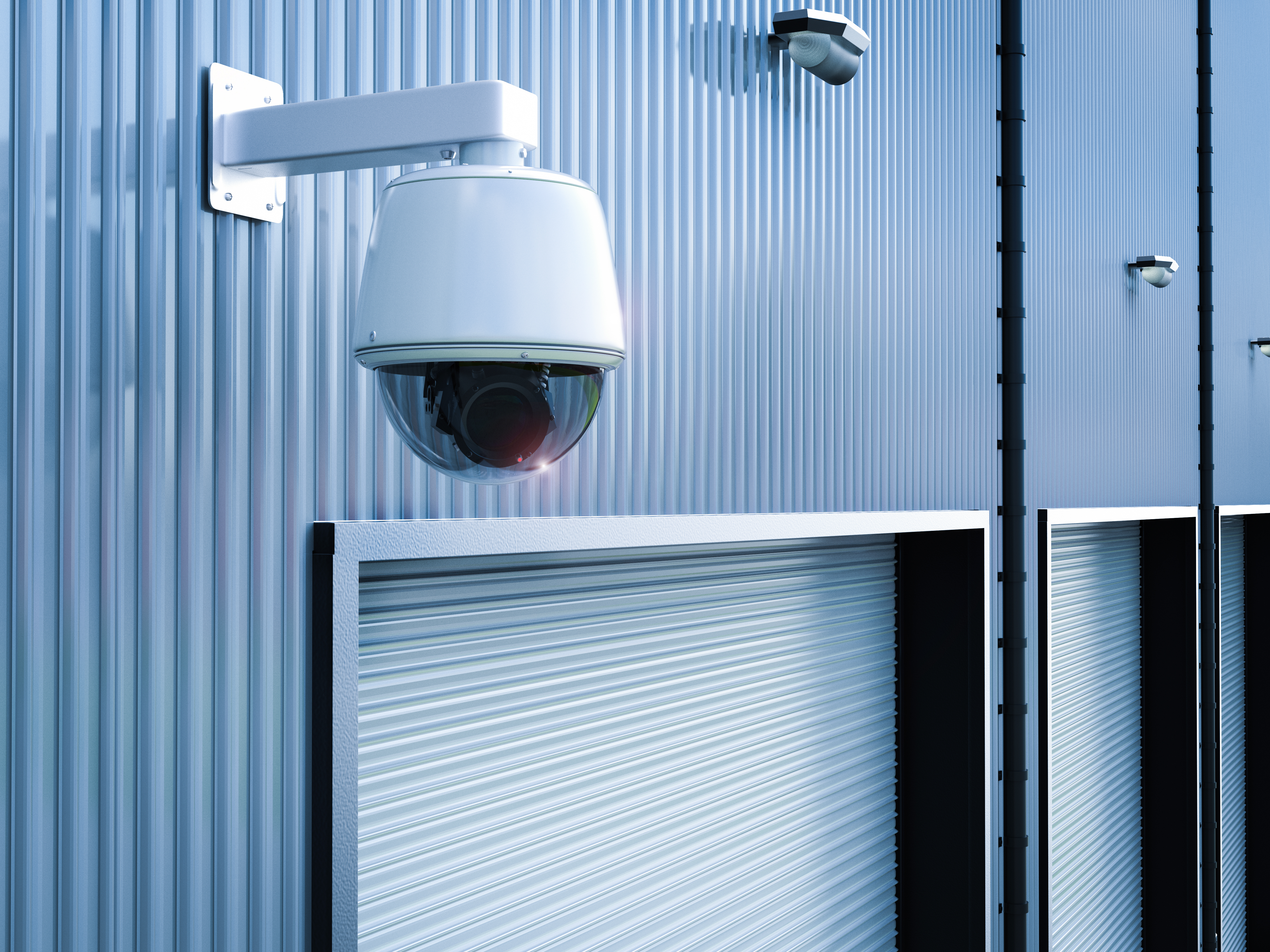
The most common security issues involve computer systems and customer data, but many companies don't realize the importance of securing store front locations the same way they would their online presence. By increasing security to a physical location, the company can benefit from increased brand confidence and better job performance and satisfaction among its employees. And loyal employees, in turn, usually translate into loyal customers. We’ve outlined four tips businesses should take to better protect their security.
Internal Security
A business that is on a commercial property is more than likely using the locks that came with it. Replacing them may seem like an unnecessary expense, but investing in more high-security locks means investing in the safety of your store front. While locks are definitely a necessity, businesses should also consider investing in a proper, fully monitored alarm system (i.e. more than just a standard loud alarm). In the event of a break-in, having armed response may mean the difference between major and minor losses. Additionally, having a response team makes it less likely that someone will chance breaking into the premises in the first place. Lastly, the best way to surveil commercial property is with security cameras. In cases of break-ins or theft, cameras can be used to identify perpetrators, and also monitor unusual behavior inside and outside of the store.
Security Checks for Vendors
Businesses that require suppliers to enter the building need to establish a good working relationship with those vendors and perform valid security checks on any personnel. Among these checks should be the vendor's credit history and any past complaints or pending cases it may have. Online reviews are also useful to gauge the vendor's level of service and efficiency.
Data Security
Physically securing is one thing, but ensuring that data systems are impenetrable is an entirely different matter. Small businesses are the most attractive targets for hackers since they offer a goal that has far less security than a large corporation. Most hackers aren’t interested in spending too much time trying to gain access to a single system, and if the security is high, they’ll move on. Having a cybersecurity team can help small businesses improve the complexity of a system to ward off hackers trying to gain access.
Disposing Documents
Shredding documents may seem like a thing of the past, but it doesn't just apply to paper anymore. Software exists that ensures digital data is similarly erased for good, maintaining that if the hardware gets into someone else's hands, they'd be unable to recover any data. Invoices, customer quotes and printed communications are among the items any company needs to deal with adequately before disposal. For physical materials, shredding is still the disposal method of choice and shouldn’t be put off.
The continued growth and success of a business is ultimately dependent on its ability to deal with potential breaches from the outside. Security is an ever-changing landscape, and companies must continually update and revamp their protocols and methods to stay one step ahead of hackers and thieves.


